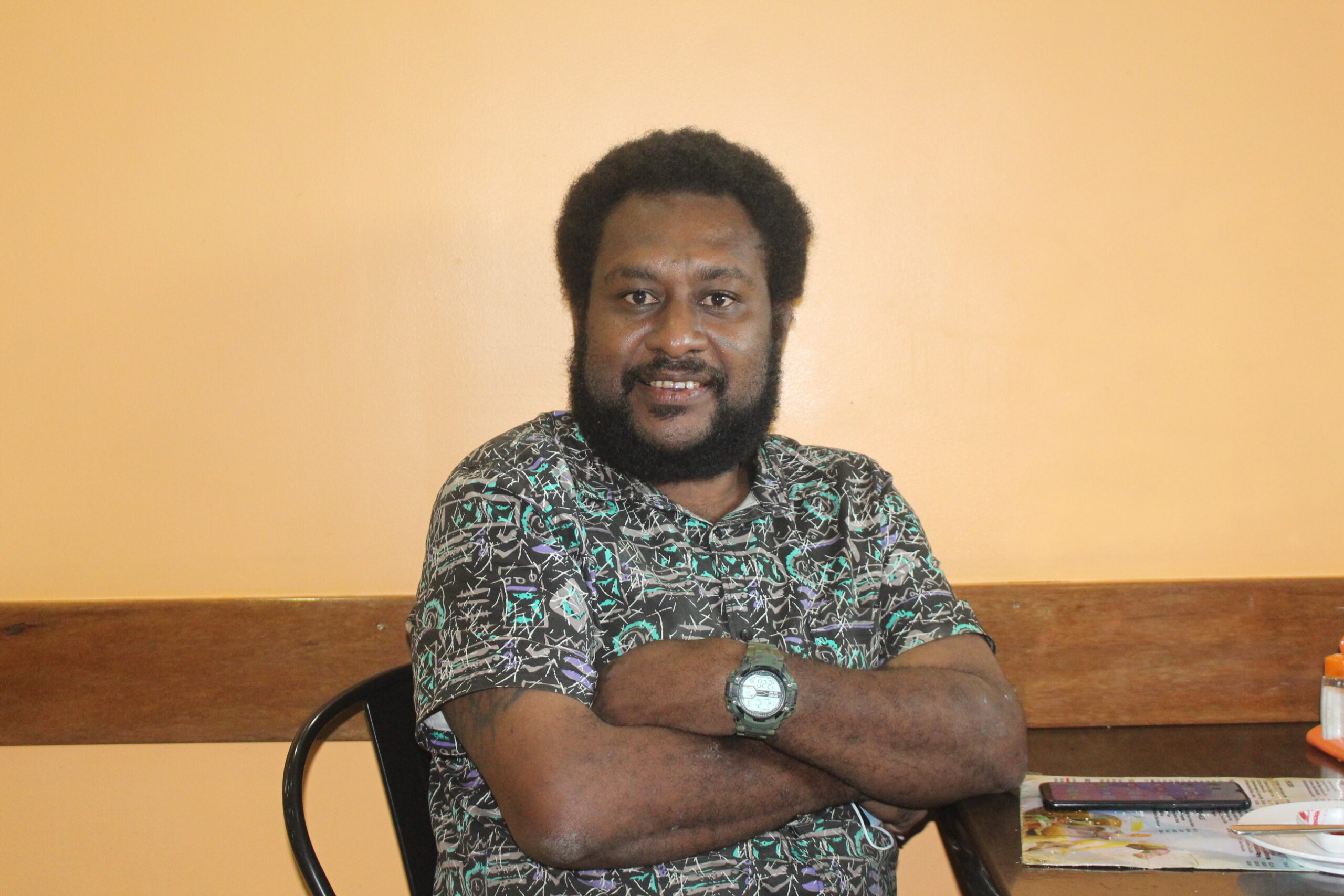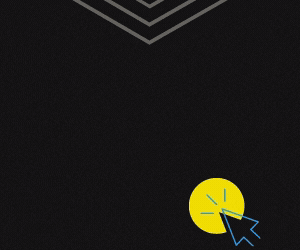By Michelle AUAMOROMORO
EKONIA Lance Wanariu was woken up each morning at 4am by his mum so he could get ready to get to school, which was about two hours walk away from his village. Ekonia who comes from Baining in East New Britain Province, was then attending Kolopom Primary School while living at Nangas village of Baining.
“My mum would wake me at 4am. By 5am I would be ready and at 6am I would start walking through thick jungles and arrive at school at 8:30am. My body would be itchy all over and I would start scratching by the time I got to school. At the end of the day, I would arrive at home from school at 7pm, get my homework done by lamplight and get to bed and have my rest for some hours before being woken up by mum at 4am the next day.”
Some students who lived at the same village with Ekonia were worn out by this routine so they decided to stop going to school. Ekonia did not want to give up school like them.
“From home, I would look at the shores of Lungalunga in Rabaul and tell myself that I had to go there. And I did.”
Ekonia made it to Kerevat National High School in 1995 after completion of grade 10 at Kokopo High School.
“While at Kerevat, I saw people from different provinces and I told myself that I had to go past Lungalunga.”
Ekonia was the eldest son of his dad who was a Didiman. Ekonia’s dad would have wanted his son to be a Didiman just like him but Ekonia had his own plans; he wanted to be an Accountant just like his dad’s boss and some of his close friends. His dream came into fruition when he graduated from Papua New Guinea University of Technology (UniTech) with a Bachelor of Commerce and Accountancy in 2000. After graduating, Ekonia was employed with Nestle PNG in Lae for four years and he later joined InterOil Products Limited in Lae.
“While with Nestle, a colleague of mine told me that if I wanted to become a top manager and run an organization then I would need to have an Accounting qualification and an ICT background. So, I decided to go and study computer science.”
Ekonia returned to UniTech in 2007 to study for a Bachelor in Computer Science and Mathematics. He carried over marks so he completed the program within two and a half years and graduated in 2009. He later went back to Kokopo and worked with East New Britain Development Corporation (ENBDC) and later joined Newland Real Estate there.
“While with Newland Real Estate, I was also a visiting tutor for Kokopo Business College and Commercial Training Colleges.”
Ekonia left his jobs in 2012 and stayed home to babysit his daughters. While at home, Ekonia, together with his cousin brother, an engineer by profession came up with an idea to start a business. They started out in 2015 with the business name ‘ePower’.
“The purpose of us starting the business was for me to use my knowledge in accounting and computer science to compliment his knowledge in electrical engineering to find ways to how we could generate electricity using solar and also to create a software where we could put competition to the easy pay meter of PNG Power.”
Unfortunately, the plan did not work out between the cousins because they had to go their own ways. Ekonia still wanted to go on with the business. So, in 2017, he started out by leaving out the engineering part of the plan and focused on providing accounting work like book keeping, financial reporting and taxation. Ekonia then brought in his knowledge in computer science when he became part of the group of designers for a software called ‘Manager’.
Manager is a software patented in Australia. The founder is an Australian from a European background. With the investors going on board with him, he first put it up for market in 2017 and it is now being used over 120 countries in the world. It is not just an accounting software but an Enterprise Resource Planning (ERP) software. Comparing it to other (ERP) software that are available, it is the cheapest, it is user friendly, and one does not have to study accounting or supply chain to use it. It is a worldwide used software and the training on how to use it can be done locally by a local.
Ekonia is the only Papua New Guinean who is contributing to the designing of the Manager software and he is also the only Papua New Guinean trainer at the moment. He has been highly involved with this software from 2018 till now.
“So far, we have set it up for about 30 companies within New Ireland, Morobe, Western Highlands, NCD, East Sepik and Jiwaka. It has the potential for growth; what it needs is for local businessmen and women to embrace it and use it because the difference that it has with other ERP software is that we have a Papua New Guinean on board on the group of designers for this software.”
The designers of the Manager software have been given the responsibility to localize the software to meet the needs of the citizens of their countries. For PNG, Ekonia is working on GST returns form for IRC.
“When you go and enter your invoice purchase or sales, automatically your tax is done into that form. You just go and print it and bring it to IRC with your payment. You don’t have to fill any forms; it fills by itself and all you have to do is go and print it out. It is being done; I have done it. I am trying to ask IRC to recommend this software; it is a big one. I have completed it and it is yet to be trialed. I will embed it into Manager. That is the biggest feature for PNG.”
Ekonia is also working on designing a Point of Sale (POS) software.
“The Chinese and the Indians have come in with their own POS software. If the government, especially the NICTA can involve all the computer scientists, ICT officers and specialists to sit down and create our own software then foreigners who come into the country can use our own software and we get money for that; that can be done.”
Ekonia is now 44 years old, a holder of two degrees, an entrepreneur, and the only person from his village of Nangas in Baining to go to a university. He is now a long way past the shores of Lassul Bay.
“My advice to the Baining people, especially my people in North Baining is this: you need to look beyond the shores of Lassul; you need to go beyond there. Port Moresby is calling, Sydney is calling, New Zealand and USA is calling; you need to go.”


